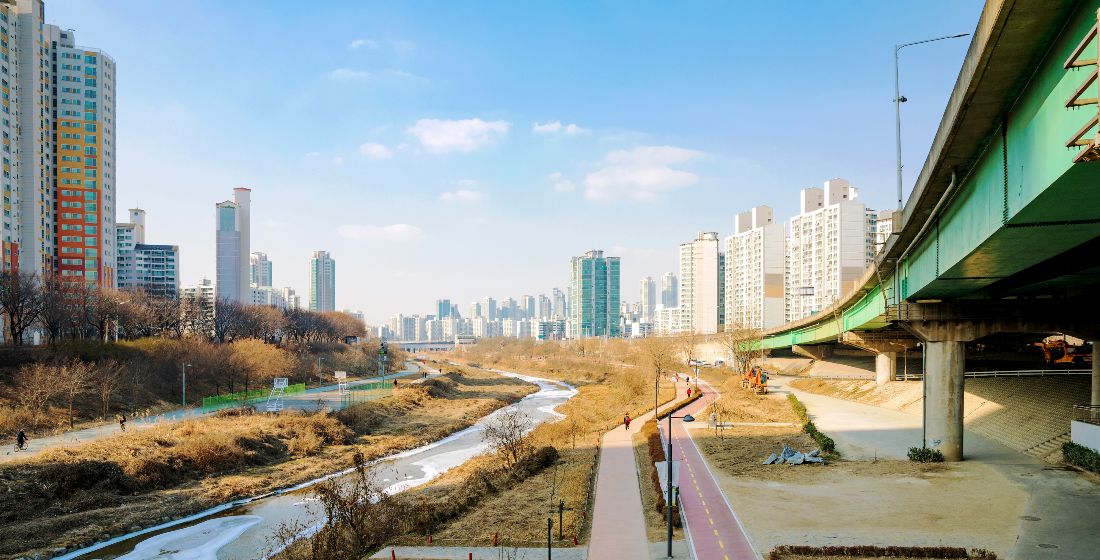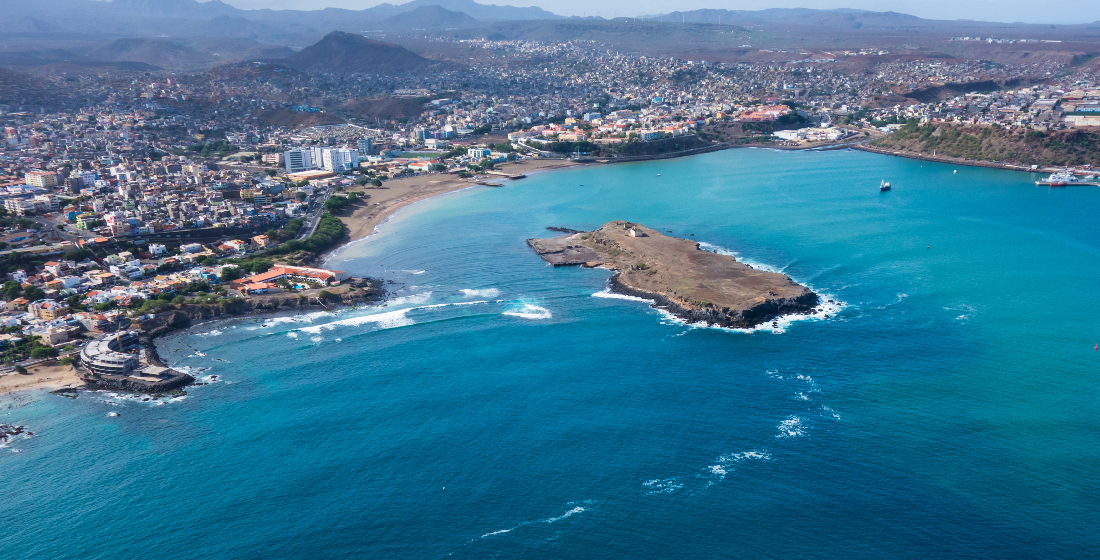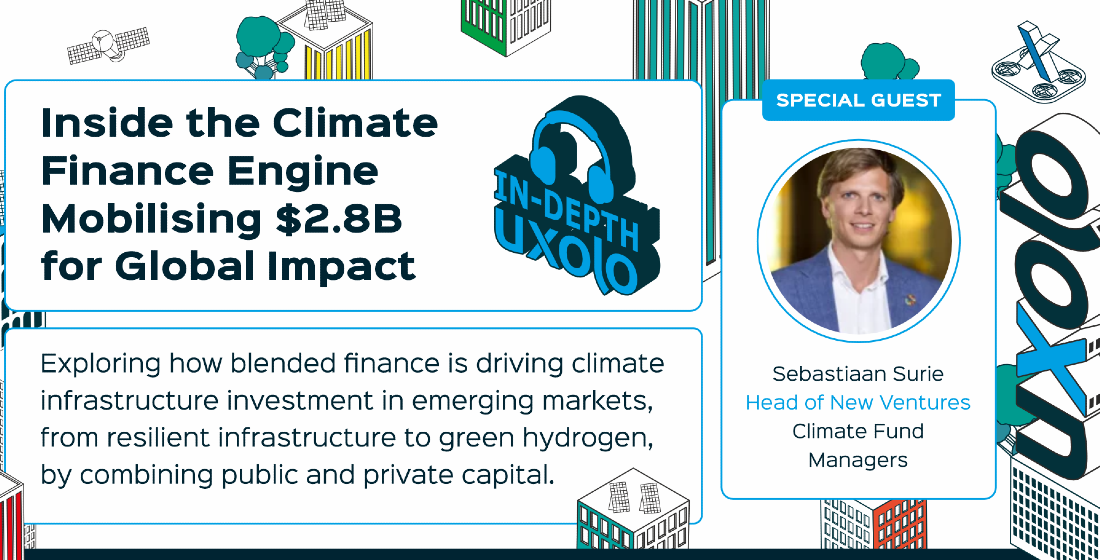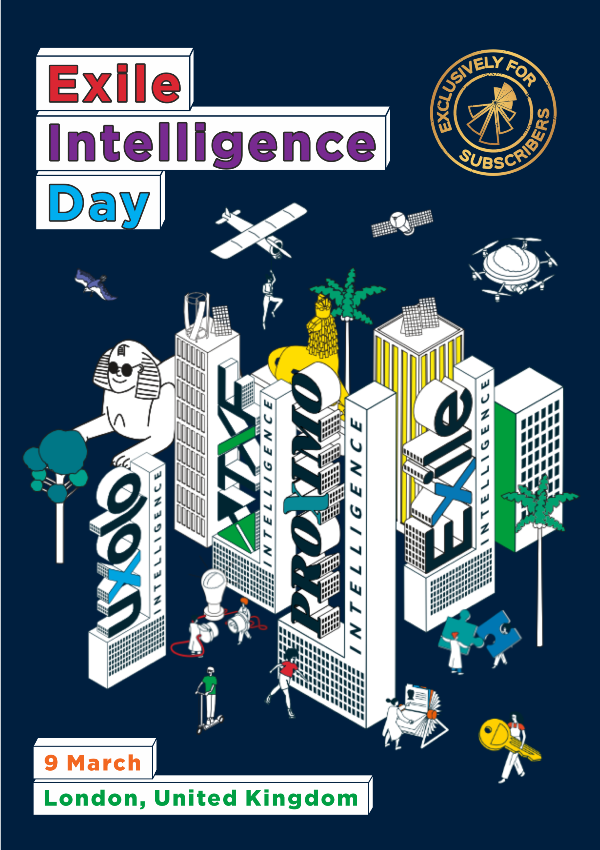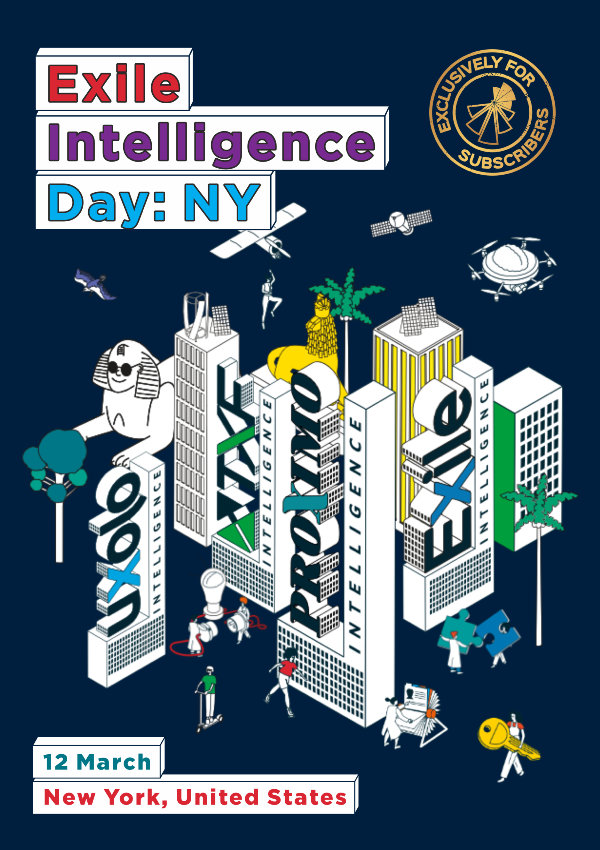Gabon investor confidence flagging?
The coup in Gabon could not have been worse timing for the country's recent debt-for-nature swap and has made investors anxious – but DFI-backed deals appear to be holding up well.
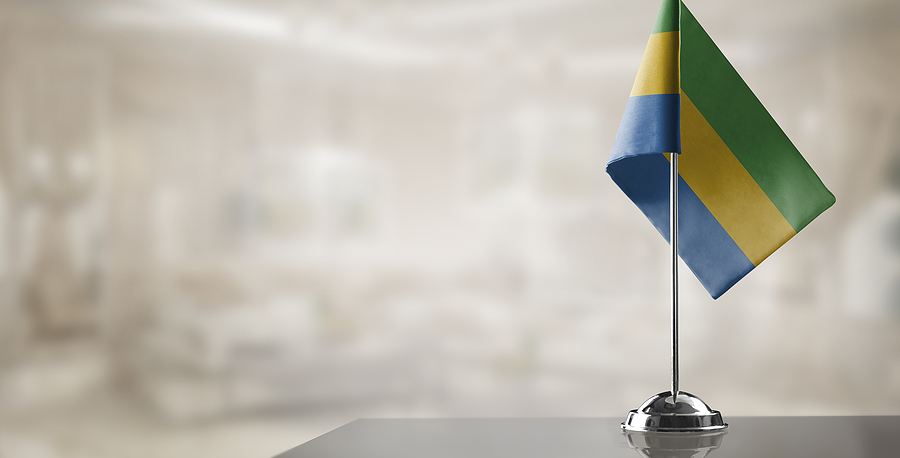
Although the military coup in Gabon has to date been bloodless, it could still yet test some of the guarantees put in place for DFI-backed pathfinder financings that have been closed in the country in recent years.
The most contemporary example, Gabon’s $500 million blue bond and Africa’s first debt-for-nature-swap, appears to be holding up well. Although the key arranging parties to the deal – Bank of America, TNC and political risk cover provider US International Development Finance Corporation (DFC) – must be rueing their timing a little, the blue bond only dropped by two points last week, while conventional Gabon bonds fell heavily, although there has since been a small rally.
The key for nervous investors will be whether the self-appointed military government delivers on the promise of democratic elections and whether an IMF programme can continue under the new regime. So far, the signs look more promising than not – in addition to the promise of future elections the ousted President Ali Bongo has been freed to leave the country, some of Bongo’s political opponents have been released from jail and the coup appears to have been met with a favourable response from much of the country. But the motivations, trajectory and eventual outcome of the coup remain unknowns.
Gabon’s blue bond
The $500 million August 2038 amortising blue bond (rated Aa2 by Moody’s), with a 10-year average life, was issued via Gabon Blue Bond Trust Series 2 and priced at 200bp over 10-year Treasuries.
Proceeds of the deal funded the up to $450 million buyback by Gabon of notes from three of its sovereign US dollar bonds: $700 million of 6.95% 2025s; $1 billion 6.625% amortising February 2031s; and $800 million 7% amortising November 2031s.
The purchase price for the 2025s was 96.75 cents on the dollar, while for both 2031 notes it was 85 cents. The buyback on the 2025s was capped at $150 million.
In total, Gabon bought back around $442 million of bonds, with just over $92.6 million of the 2025s taken out, $89.7 million of the February 2031s and $259.7 million of the November 2031s.
The cost-of-debt effectiveness of the deal has already come under scrutiny, some arguing that the estimated 120bp cost of PRI from DFC and additional fees and costs would have put the all-in at 7.5%-plus – effectively making the deal a negligible exercise in terms of cost savings.
But if the debt pricing itself was not that effective, the longer tenor debt, lower refinancing risk and DFI cover are already proving their worth. In the near term the risk of a credit event in Gabon appears low – in part because of the debt buyback facilitated by the blue bond, which has made future coupon repayments more manageable – and because of the PRI cover for the deal from DFC.
However, while the DFC insurance does mitigate default risk for investors, the policy requires an arbitration award against Gabon, which is an additional complication. That said, if the bond retains its value because of the PRI it will soothe longstanding concerns about the solidity of PRI versus watertight guarantees for deals in countries where political and economic stability are not a given.
Kinguele Aval
Another relatively recent DFI-covered pathfinder deal in Gabon was the Kinguele Aval 35MW hydropower plant project financing in 2021. Sponsored by a consortium comprising Meridiam Infrastructure Africa Fund (45%), Meridiam Infrastructure Africa Parallel Fund (15%) and Gabon Power Company (40%), an energy portfolio company owned by the Gabonese Strategic Investment Fund (FGIS – the country’s sovereign wealth fund), the €178.5 million ($209.3 million) project was funded via a 19-year €153 million loan from lead arranger IFC, African Development Bank (AfDB), Development Bank of Southern Africa (DBSA), and Emerging Africa Infrastructure Fund (EAIF).
The deal did come with a 20-year guarantee from MIGA to provide protection from breach of contract, expropriation, transfer restriction and currency inconvertibility, and war and civil disturbance – but only for €25.3 million.
The Uxolo perspective
For the moment, given Gabon does not appear to be descending into violence – arguably this is more of a power transition than coup – the cashflows that will underpin Kinguele Aval when it starts operating in mid-2025 look safe. The deal used an innovative new mechanism for securing payments from 30-year offtaker Societe d’Energie et d’Eau du Gabon (SEEG). The sponsors will be able to rely on a payment delegation towards a mobile money operator, which is collecting prepaid electricity payments on behalf of SEEG. Having security on the cash flows from the mobile operator enhanced the deal’s creditworthiness and as long as Gabon does not descend into significant instability the project is unlikely to run into major problems.
The same looks true of the financial engineering in Gabon’s blue bond, although whether the conservation goals of the deal – Gabon has committed to spend $5 million a year from the savings over the next 15 years on marine conservation and fund an endowment that is expected to grow to $88 million by 2038 to continue financing conservation post-2038 – can survive regime change remains to be seen. Given the deal is a first in Africa, its survival has implications for future debt-for-nature swaps way beyond Gabon.

